Heterogeneous welding is the bonding of two materials (metals) that are either atomically different in nature, such as titanium and steel, or different alloys of the same metal, such as the bonding of plain carbon steel to stainless steel. Cases where a material does not meet the required properties. It is not economical to use a particular substance. Welding electrodes for dissimilar metals are sold in bulk on our site, which is very economical to produce in bulk. You can call the phone numbers listed on the site to order.
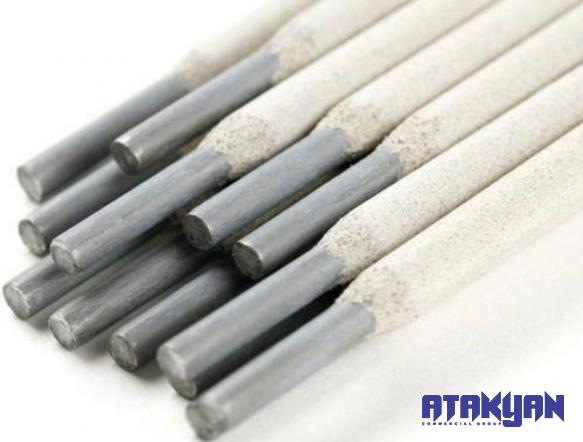
Guidelines For Dissimilar-Metal Welding
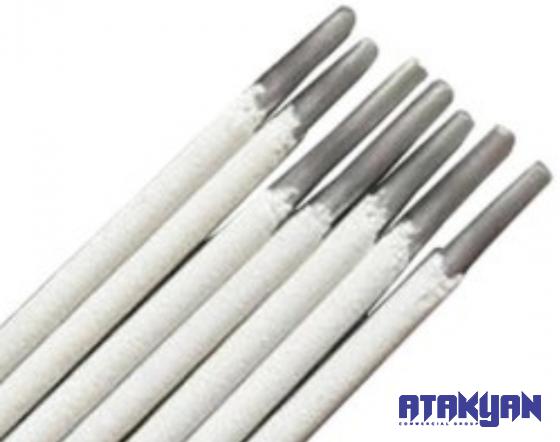 There are instructions for welding dissimilar metals that need to be followed for better welding. In the following, we will get acquainted with the methods of connecting non-homogeneous metals, which are done in two ways, soldering and solid state welding. Solid welding is performed in 5 modes, which are: cold welding, explosive welding, ultrasonic welding, penetration welding and friction welding.
There are instructions for welding dissimilar metals that need to be followed for better welding. In the following, we will get acquainted with the methods of connecting non-homogeneous metals, which are done in two ways, soldering and solid state welding. Solid welding is performed in 5 modes, which are: cold welding, explosive welding, ultrasonic welding, penetration welding and friction welding.
The following instructions must be followed for welding dissimilar metals:
- Of the two pieces, one is stationary and the other is rotating around its axis.
- During welding and by creating friction between the surfaces involved in the two parts, sufficient pressure must be applied at appropriate times.
- HAZ is fine-grained welding.
- Due to the short cooling time, high hardness is achievable in hardened steels.
- The welding area is narrow, there is no melting area and dissimilar metals can be easily welded.
In general, heterogeneous metals are metals that have different chemical compositions and properties. Two heterogeneous metals can have different base elements, such as aluminum, copper, and steel, or have the same base element, but differ in alloying elements and final mechanical and chemical properties, including simple carbon steel. And stainless steel pointed.
Principal Considerations When Welding Dissimilar Metals
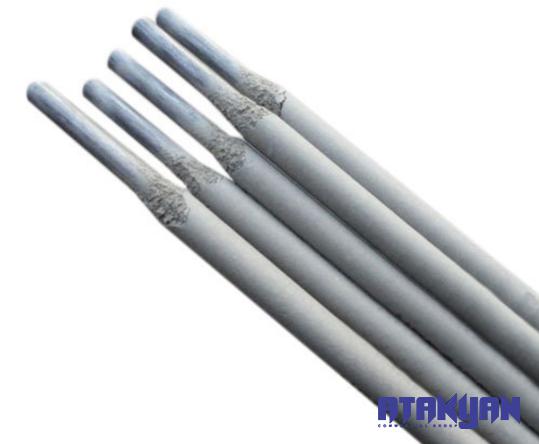 As mentioned, you should consider that if a material does not meet the required properties and the use of a particular material is not cost-effective, then the welding method of two heterogeneous metals can be used. But during this welding, some considerations must be taken into account and we may face problems. Among the problems of connecting non-homogeneous metals by melting methods:
As mentioned, you should consider that if a material does not meet the required properties and the use of a particular material is not cost-effective, then the welding method of two heterogeneous metals can be used. But during this welding, some considerations must be taken into account and we may face problems. Among the problems of connecting non-homogeneous metals by melting methods:
- Difference in melting point ← metal degradation with lower melting point
- Difference in coefficient of thermal expansion ← Production of residual stresses
- Difference in thermal conductivity ← surface melting of metal with lower conductivity
- Insolubility ← Production of brittle intermetallic particles
These were dissimilar-metal welding precautions. There may be other things that happen during welding, but these are the main and most common things that can happen, and paying attention to them can bring us good results.
Welding Electrodes for Dissimilar Metals for Sale
The metal or graphite rod through which electricity flows is called the electrode. Some electrodes do not melt like copper electrodes (resistance welding or boiling point). In TIG welding, tungsten electrodes only create an arc and do not melt themselves. And weld metal. There are different types of welding electrodes on the market that you can buy depending on your needs.
The electrodes used in steel connection welding have alloy or non-alloy core wires that guide the welding current. The electric flame burns between the workpiece and the free electrode and the electrode melts as an additional material. Welding can provide the highest strength. Mechanical and chemical methods are less commonly used to bond heterogeneous metals.
Softened electrodes have the abbreviation (Dean 1913) written on the packaging. Abbreviations show all the important points that must be observed in using that electrode. The correct choice of electrode for welding depends on the type of pole and the state of the weld seam. Infiltrate. However, if a larger diameter electrode is used, some pulp will remain at the root of the weld. Which reduces the strength and durability of the weld. Welding electrodes for dissimilar metals are sold on our site and you can order and get more information by calling the phone numbers listed on the site.
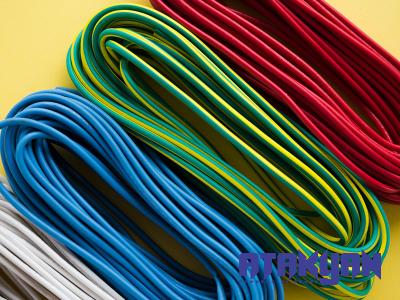
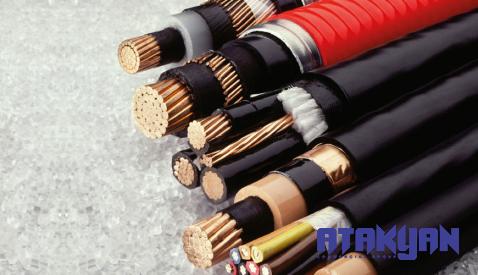
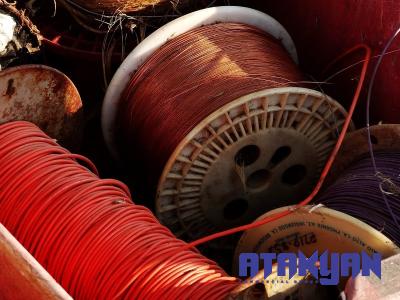
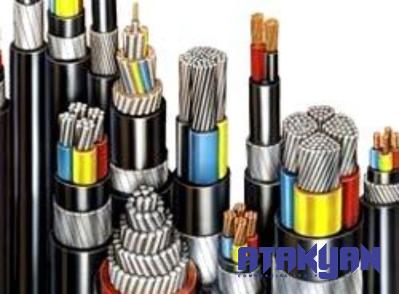
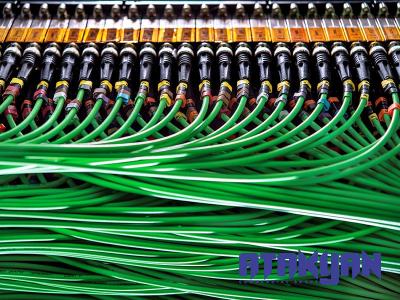
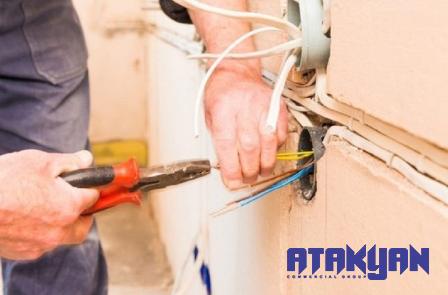
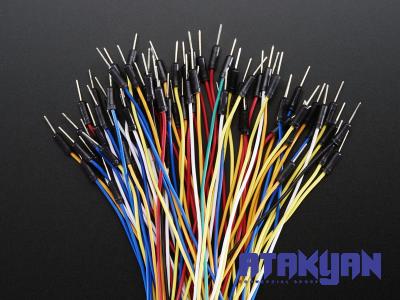
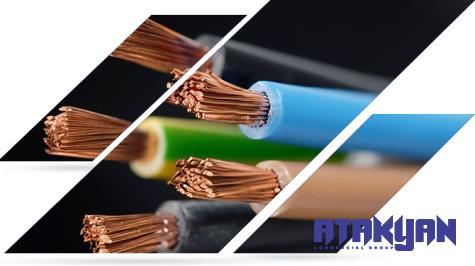
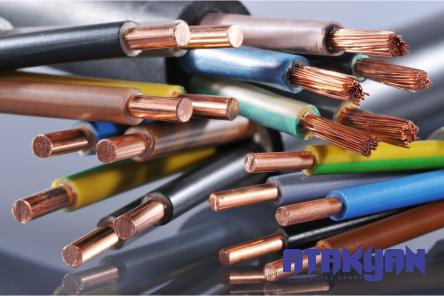
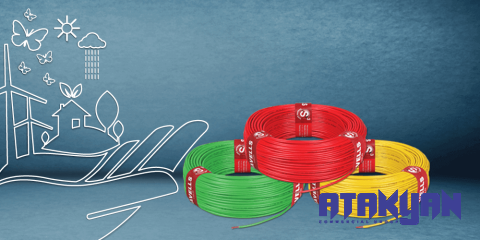
Your comment submitted.